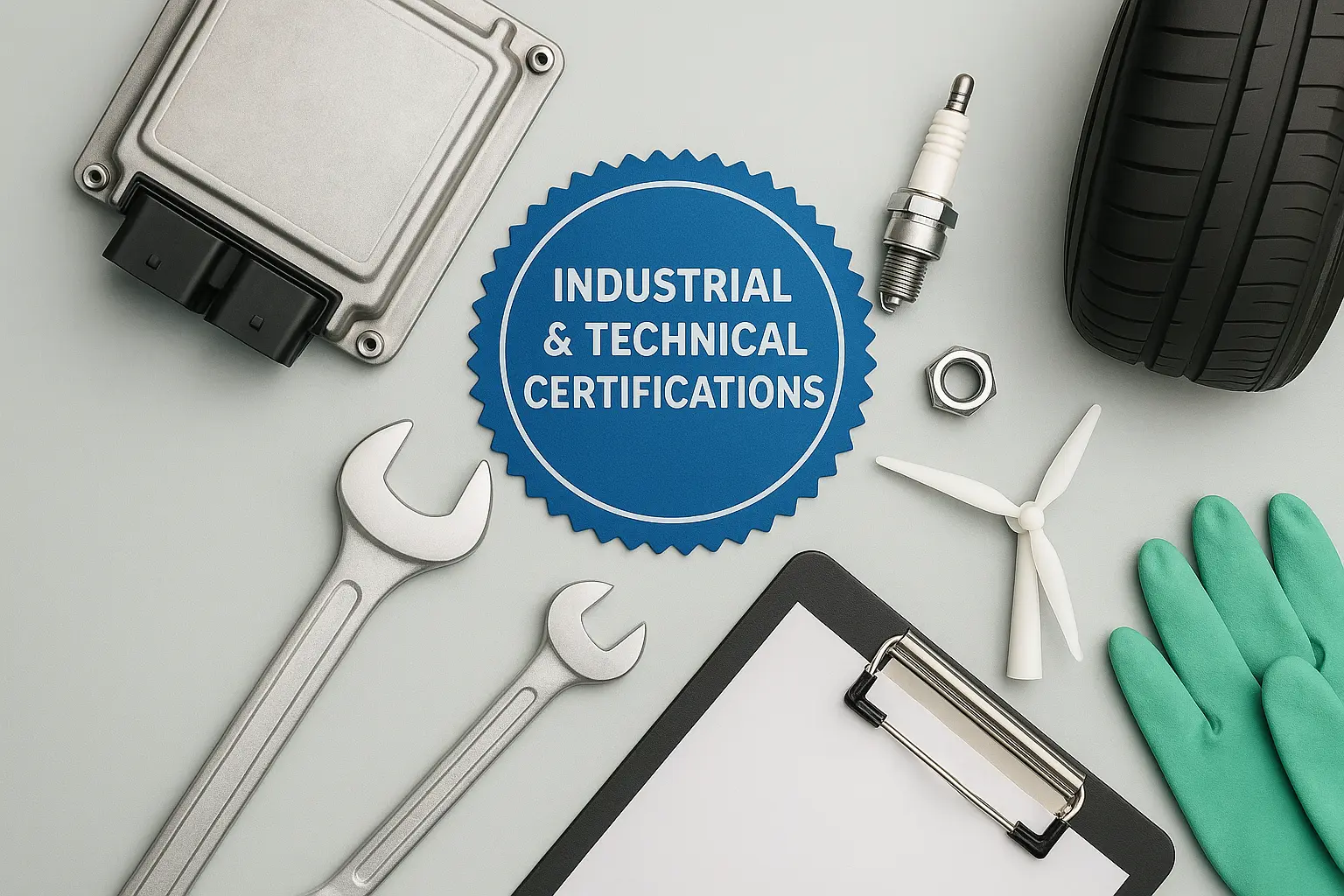EN 10204 Metallic Materials Certification
The EN 10204 certification is a critical component of quality assurance and compliance for manufacturers, suppliers, and users of metallic materials. This standard ensures that the manufacturing processes meet stringent requirements, thereby guaranteeing the integrity and reliability of metallic products.
EN 10204 covers a range of tests including mechanical properties, chemical composition analysis, and dimensional checks. It is particularly important for industries where the quality and performance of materials directly impact safety and functionality such as aerospace, automotive, construction, and medical devices. Compliance with this standard not only ensures product reliability but also enhances brand reputation and market competitiveness.
The certification process involves several key steps that are designed to provide a robust assurance of material quality. These include:
- Sample preparation
- Testing according to specified standards
- Data analysis and interpretation
- Reporting results in accordance with EN 10204 requirements
The certification process ensures that the materials used meet strict quality criteria. This is achieved through rigorous testing methods and adherence to international standards, which help ensure that products are reliable and safe for use.
For manufacturers, suppliers, and users of metallic materials, compliance with EN 10204 is not just a requirement but also an essential part of their quality management systems. It helps in maintaining a high level of product safety and reliability, which is crucial for industries that rely heavily on the performance of their products.
Let's delve deeper into each step involved in achieving this certification:
- Sample Preparation: The first step involves collecting and preparing samples from various batches or lots. This ensures that the sample accurately represents the batch of materials.
- Testing According to Specified Standards: After preparation, the samples undergo a series of tests as specified in EN 10204. These tests include mechanical property testing, chemical composition analysis, and dimensional checks.
- Data Analysis and Interpretation: Once the tests are complete, the data is analyzed to ensure it meets the required standards. Any deviations from the expected results must be addressed before certification can be granted.
- Reporting Results in Accordance with EN 10204 Requirements: Finally, all test results are compiled into a comprehensive report that complies with EN 10204 guidelines. This document serves as proof of compliance and is often required by customers or regulatory bodies.
By adhering to these steps, organizations can ensure they meet the stringent requirements set forth in EN 10204. This not only enhances their reputation but also strengthens their position in the market.
Why It Matters
The importance of EN 10204 certification cannot be overstated, especially for industries that demand high levels of quality and reliability. This standard is particularly crucial for ensuring that metallic materials used in critical applications are safe and perform as expected.
Compliance with this standard ensures that the products manufactured meet the required specifications, which translates into improved product performance and safety. It also helps companies avoid costly recalls and legal issues associated with non-compliance or substandard products.
In addition to enhancing quality assurance, EN 10204 certification can lead to increased market share by demonstrating a commitment to excellence. This is especially true for industries where reputation and trust are paramount, such as aerospace and medical devices.
From a broader perspective, compliance with international standards like EN 10204 contributes to the overall improvement of product quality across global markets. It fosters confidence among consumers and stakeholders, which ultimately drives economic growth.
International Acceptance and Recognition
The EN 10204 standard is widely recognized and accepted internationally, making it a key requirement for many industries. Its global acceptance ensures that products certified under this standard are viable across various markets.
This widespread recognition contributes to the standard's effectiveness in promoting quality assurance practices globally. It also facilitates seamless trade between countries by ensuring that materials meet universally accepted standards.
International acceptance and recognition of EN 10204 certification are supported by its alignment with other international standards such as ISO, ASTM, EN, IEC, etc. This harmonization helps to streamline compliance processes and reduce barriers to trade for manufacturers and suppliers.
The standard's broad applicability across different sectors enhances its relevance and importance in the global market. It provides a consistent framework that ensures high-quality metallic materials are available worldwide, thus supporting economic development and innovation.
Use Cases and Application Examples
| Industry Sector | Application Example | Description |
|---|---|---|
| Aerospace | Manufacture of aircraft components | The EN 10204 certification ensures that the metallic materials used in aircraft manufacturing meet stringent quality and safety standards, enhancing overall product reliability. |
| Automotive | Metallic component production for vehicles | This certification guarantees that automotive manufacturers use high-quality materials, which are essential for the durability and performance of vehicle components. |
| Construction | Structural steel fabrication | The standard ensures that structural steel used in construction projects is of the highest quality, contributing to the safety and longevity of buildings. |
| MEDICAL DEVICES | Production of medical devices | EN 10204 certification ensures that medical device manufacturers use reliable metallic components, which are vital for the safety and efficacy of the devices. |
| Machinery Manufacturing | Manufacture of critical machinery parts | This certification guarantees that the metallic materials used in machinery manufacturing meet stringent quality standards, ensuring product reliability and longevity. |





